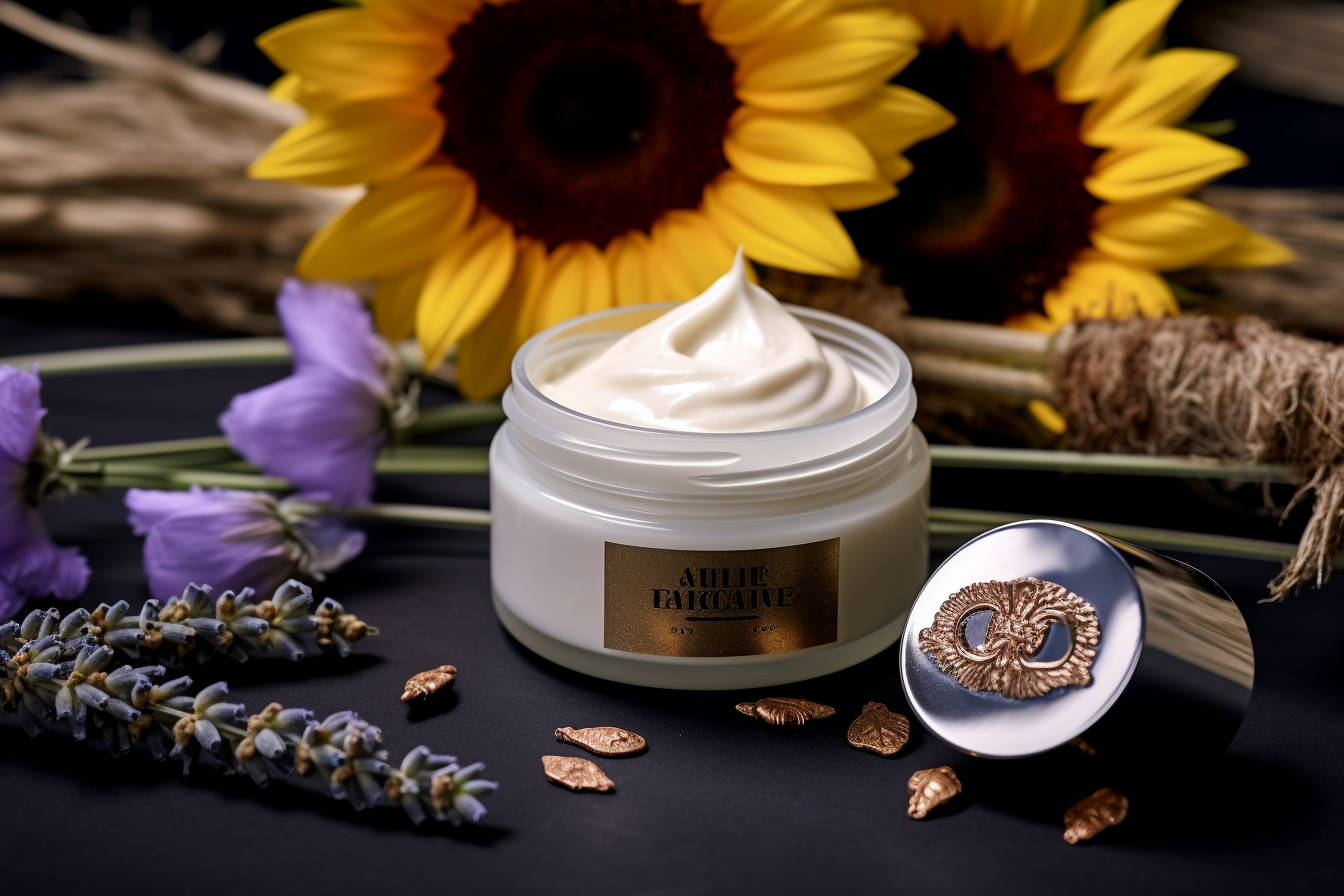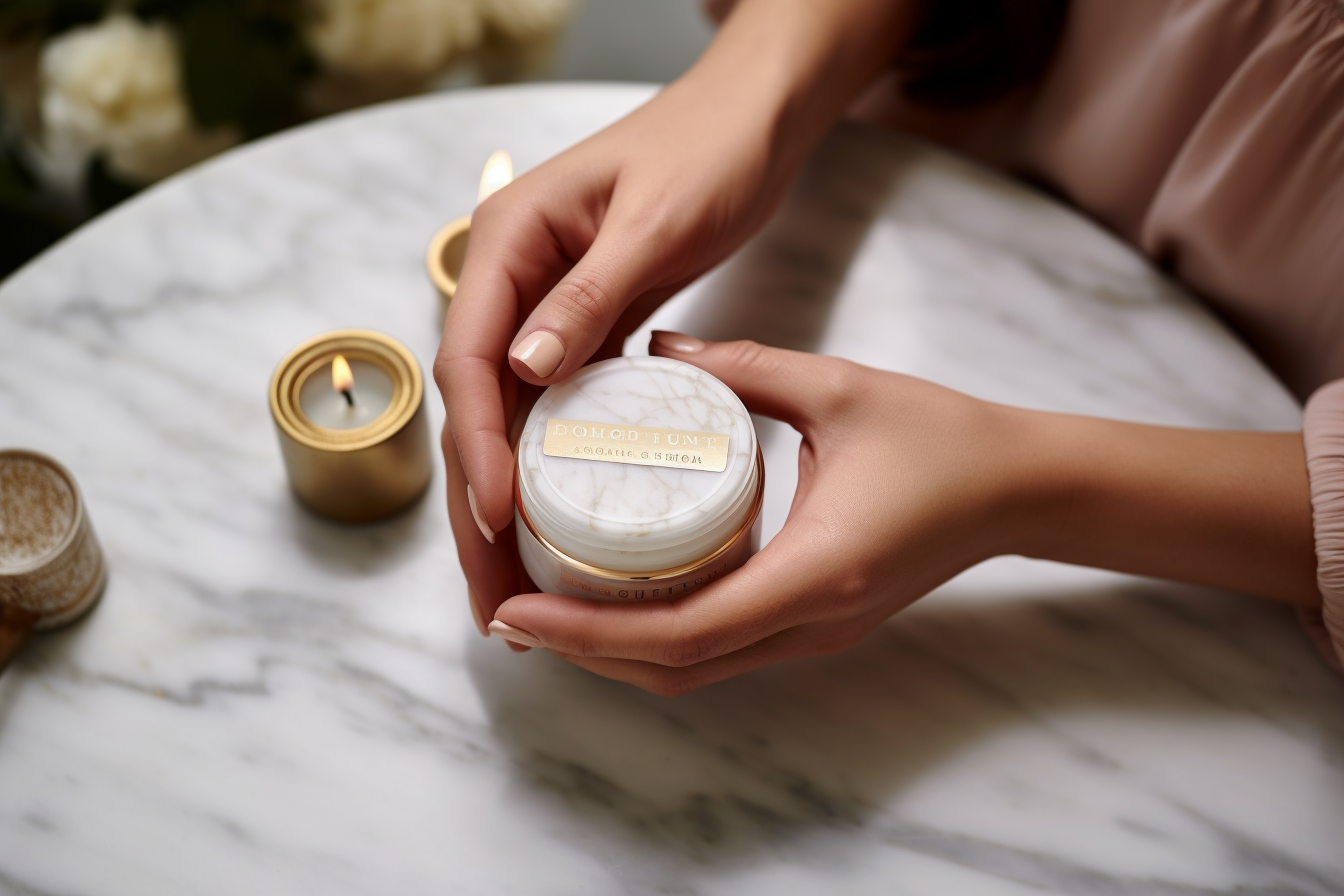
In recent years, the beauty industry has witnessed a growing demand for natural and sustainable beauty products. Consumers are increasingly conscious of the environmental impact of their purchasing choices and are seeking more eco-friendly and ethical options.
The use of natural ingredients in beauty products has been widely marketed as a healthier and more eco-friendly choice. However, not all natural ingredients are sustainable, and the beauty industry is faced with a dilemma of choosing between natural and sustainable options.
This article explores the difference between natural and sustainable beauty products and highlights the importance of ethical and sustainable choices in the beauty industry. It also delves into the role of synthetic ingredients in creating more sustainable and cost-effective products.
By understanding the nuances of natural and sustainable beauty products, consumers can make informed choices that align with their values and contribute to a more sustainable future.
Key Takeaways
- The beauty industry is facing a growing demand for natural and sustainable products, as consumers seek eco-friendly and ethical options.
- It is important for the cosmetic industry to prioritize sustainability and ethical practices, and to reduce its impact on the environment by avoiding ingredients that have detrimental effects on the environment and using sustainable alternatives.
- Sustainable packaging is also crucial to reduce waste and the carbon footprint, and using recyclable and biodegradable materials is a good approach to achieve this.
- Fair treatment of workers in the sourcing and processing of ingredients is also an important aspect of sustainability in the beauty industry.
Sustainability in Beauty
The beauty industry has seen a growing concern for sustainability in recent years. Consumers are becoming more aware of the impact of cosmetic ingredients and manufacturing processes on the environment and are demanding ethical and sustainable choices from cosmetic brands. However, the industry also faces the issue of ‘greenwashing’ in marketing, where brands claim to be sustainable without actually implementing sustainable practices. To address this issue, cosmetic companies must ensure that their claims are backed by transparent and verifiable actions towards sustainability.
One important aspect of sustainability in the beauty industry is the ethical sourcing of ingredients. Many cosmetic ingredients are derived from natural sources, such as plants and minerals. The harvesting and processing of these ingredients can have a significant impact on the environment and the communities that depend on them. Brands must ensure that their ingredients are sourced sustainably, with minimal impact on the environment and fair treatment of workers. This includes avoiding ingredients that are known to have detrimental effects on the environment, such as palm oil, and opting for sustainably harvested alternatives.
Ingredients and Environmental Impact
Ingredients used in cosmetic products have a significant impact on the environment, which must be carefully considered to minimize negative effects. An eco-friendly approach to cosmetic production involves not only the use of sustainable ingredients but also sustainable packaging. Sustainable packaging aims to reduce the carbon footprint of the manufacturing process while providing a safe and effective product.
To better understand the impact of cosmetic ingredients on the environment, a table is presented below. The table outlines the environmental impact of commonly used cosmetic ingredients and provides alternative options that are more sustainable and eco-friendly. Additionally, the table highlights the importance of using sustainable packaging to reduce waste and minimize the carbon footprint of the cosmetic industry. By making informed choices about ingredients and packaging, we can create a more sustainable and eco-friendly beauty industry.
| Cosmetic Ingredient | Environmental Impact | Sustainable Alternative |
|---|---|---|
| Palm Oil | Deforestation, habitat destruction | Coconut oil, sunflower oil |
| Microbeads | Water pollution, harm to marine life | Natural exfoliants such as sugar, salt, and coffee grounds |
| Synthetic Fragrances | Air pollution, allergic reactions | Essential oils, natural fragrances |
| Plastic Packaging | Landfill waste, pollution | Glass, metal, and paper packaging, or refillable containers |
| Chemical Preservatives | Water pollution, toxicity | Natural preservatives such as vitamin E, rosemary extract, and grapefruit seed extract |
In conclusion, the cosmetic industry has a responsibility to reduce its impact on the environment by using sustainable ingredients and eco-friendly packaging. By making informed choices about the ingredients used in cosmetic products, we can minimize the negative effects of their production on the environment. Additionally, using sustainable packaging reduces waste and helps to minimize the carbon footprint of the cosmetic industry. With these changes, we can ensure the beauty industry is more sustainable and eco-friendly.
Premium Cosmetic Labs’ Approach to Sustainability
The approach of Premium Cosmetic Labs towards sustainability involves not only the use of sustainable ingredients, but also a thorough verification process to ensure that the ingredients chosen do not have any detrimental effects on the environment. This means that the lab actively avoids ingredients that contribute to deforestation, pollution, and other environmental issues.
In addition, Premium Cosmetic Labs provides full transparency for customers to make informed decisions about the products they purchase. To further demonstrate their commitment to sustainability, the lab also implements greenwashing tactics and sustainable packaging.
Greenwashing tactics refer to the practice of making false or misleading claims about the environmental benefits of a product. Premium Cosmetic Labs avoids this by providing factual information about their ingredients and production processes. Sustainable packaging, on the other hand, involves the use of materials that have a reduced impact on the environment.
Premium Cosmetic Labs uses recyclable and biodegradable materials for their packaging to minimize waste and reduce their carbon footprint. By taking these steps, Premium Cosmetic Labs is able to create high-quality products while also prioritizing sustainability and ethical practices.
Frequently Asked Questions
What are some common natural ingredients used in beauty products that are not sustainable?
Some natural ingredients used in beauty products are not sustainable, leading to overharvesting consequences and environmental damage. For instance, palm oil is a widely used ingredient but has been linked to deforestation and the loss of biodiversity.
Similarly, shea butter and cocoa butter are popular natural ingredients that are primarily harvested in West Africa, where overharvesting has resulted in soil degradation and the loss of natural habitats.
However, there are eco-friendly alternatives to these ingredients. For example, plant-based glycerin is a sustainable alternative to palm oil, while mango butter and kokum butter can replace shea butter and cocoa butter, respectively.
It is important for cosmetic companies to consider the sustainability of their ingredients to reduce the negative impact on the environment and support fair trade practices.
Can natural identical ingredients be considered sustainable?

Exploring ethical sourcing and carbon footprint reduction strategies are essential for evaluating the sustainability of natural identical ingredients.
While these ingredients are synthetic, they are molecularly identical to natural ones, making them more sustainable, cheaper, and containing fewer contaminants.
However, their sustainability depends on the manufacturing process and the sourcing of raw materials.
Brands must prioritize ethical sourcing, reducing their carbon footprint and ensuring that their suppliers meet ethical and sustainable standards.
By implementing carbon footprint reduction strategies, such as using renewable energy and reducing waste, brands can significantly reduce their environmental impact.
Overall, natural identical ingredients can be considered sustainable if brands take the necessary steps to ensure ethical sourcing and carbon footprint reduction.
How do synthetic ingredients compare to natural ingredients in terms of sustainability?
The environmental impact of ingredients is a significant concern in the cosmetic industry, and the debate between synthetic and natural ingredients’ sustainability is ongoing.
Synthetic ingredients are often cheaper, more sustainable, and contain fewer contaminants. However, they can also have negative environmental impacts, such as the release of pollutants during production and disposal.
On the other hand, natural ingredients can be sustainably harvested, but they may not always be environmentally sustainable due to over-harvesting and deforestation.
Therefore, it is important to weigh the environmental impact of both synthetic and natural ingredients to make informed decisions about their use in cosmetic products.
How does Premium Cosmetic Labs ensure the sustainability of their ingredients?
Premium Cosmetic Labs ensures the sustainability of their ingredients through a combination of sourcing strategies and practices. They take sustainability seriously and verify the sustainability of ingredients, actively avoiding those with detrimental effects on the environment.
Premium Cosmetic Labs provides full transparency for customers to make informed decisions. They believe that ethical and sustainable choices are critical to avoid environmental damage.
The lab also understands that sometimes the most sustainable option is one created and improved upon by scientists. They take into account the entire lifecycle of a product, from sourcing to disposal, in their sustainability efforts.
By implementing these practices, Premium Cosmetic Labs ensures that their products are not only effective but also eco-friendly.
Are there any specific ingredients that Premium Cosmetic Labs avoids due to their detrimental effects on the environment?
Premium Cosmetic Labs takes sustainability seriously and actively avoids ingredients with detrimental effects on the environment. Examples of ingredients that the lab avoids include those that contribute to the negative impact of the beauty industry on marine life, such as microbeads and certain types of palm oil.
Additionally, Premium Cosmetic Labs is committed to using eco-friendly packaging options and providing full transparency for customers to make informed decisions. While natural ingredients may be popular in the beauty industry, the lab recognizes that synthetic ingredients can often be more sustainable, cheaper, and contain fewer contaminants.
Ultimately, Premium Cosmetic Labs’ approach to ingredient selection is guided by a commitment to ethical and sustainable choices.
